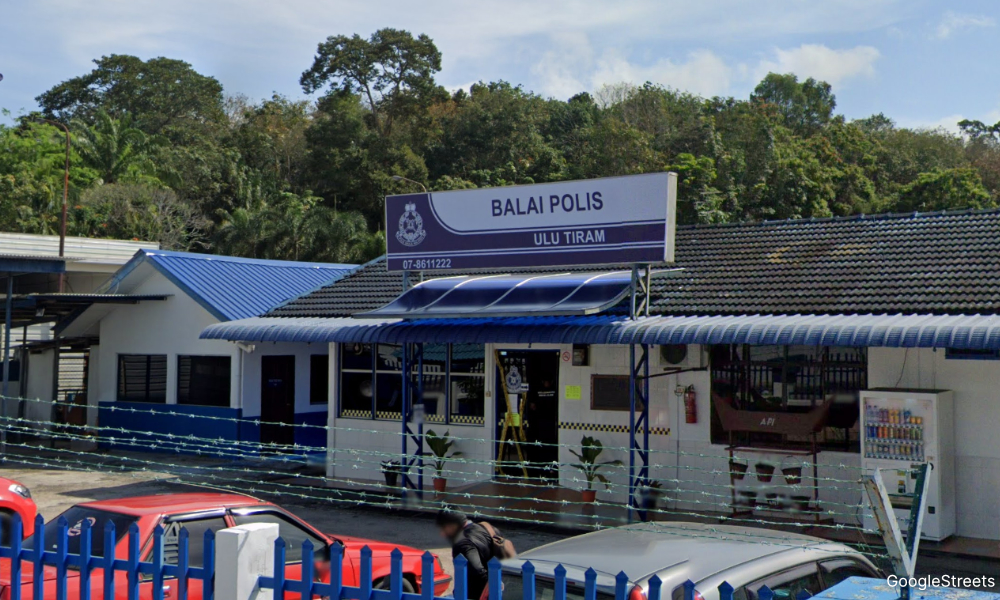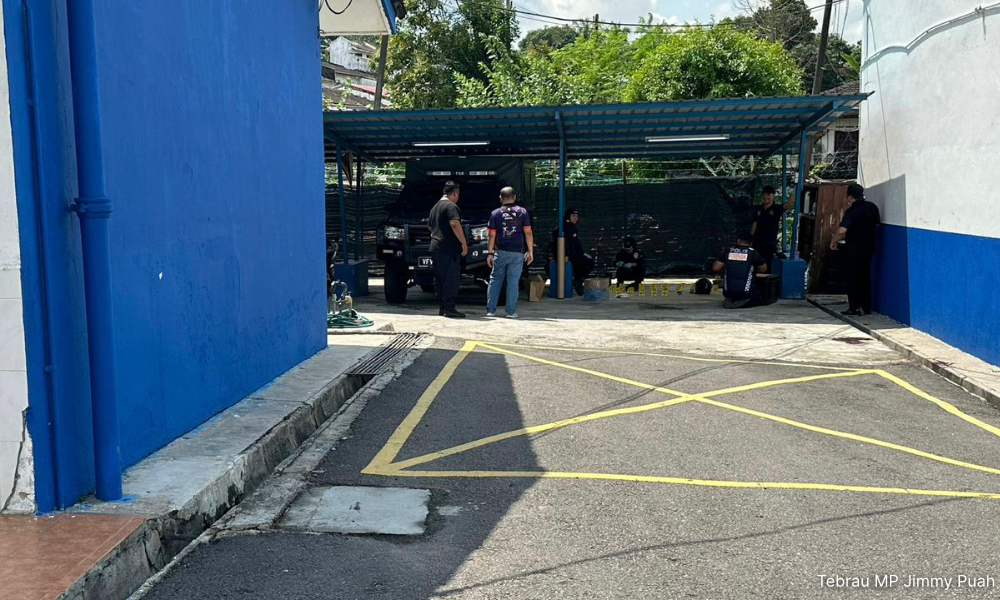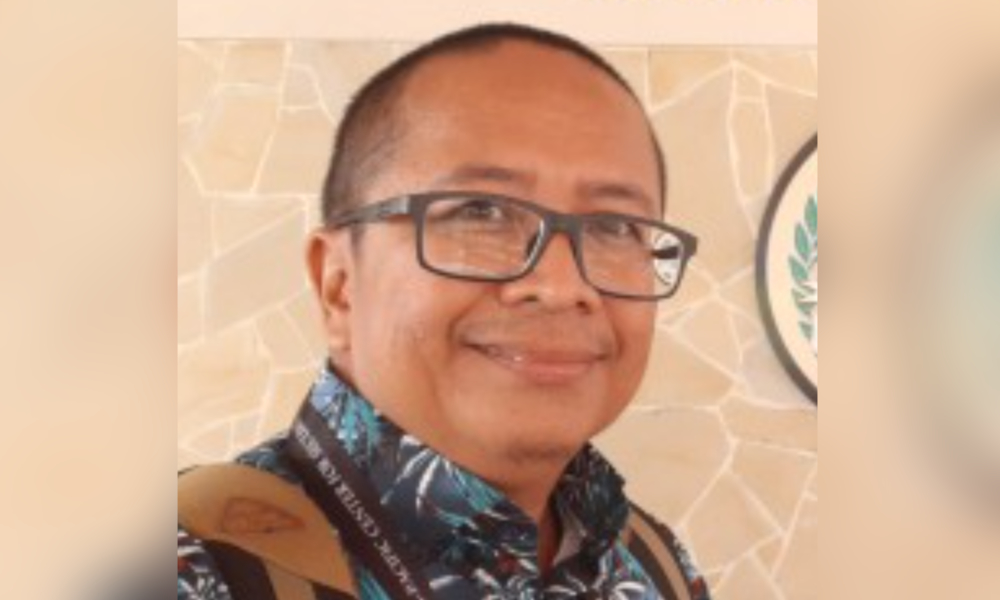Jemaah Islamiyah (JI) founder Abu Bakar Bashir has urged Muslim youths to stay away from committing acts of violence and killings in the name of Islam.
In a video his son Abdul Rahim Bashir sent to Malaysiakini, the senior cleric condemned the pre-dawn attack on the Ulu Tiram police station which was initially linked to JI.
“I strongly condemn the act of a youth who killed two police officers in Malaysia. Killing is not a part of Islamic teachings.
“In Islam, when a situation arises, it is enough to defend the religion through dakwah and prayers, not killings or bombings,” Abu Bakar (above) said.
Yesterday, Rahim told Malaysiakini that his father, since returning to Indonesia, no longer has any ties to Madrasah Luqmanul Hakim in Ulu Tiram, Johor - built in 1993 as a private religious school and reported to be a gathering place for some of the region’s most wanted terrorists.

In the video, Abu Bakar stressed he has no connection to the Ulu Tiram attack that saw two police officers killed and left one injured - before the 21-year-old suspect was shot dead.
“I am in no way involved in the incident and I have no ties to it.
“Whoever accuses me, tries to connect me with such acts, they are lying and I ask them to prove it in front of Allah.
“I had no idea and after I heard of the (Ulu Tiram) incident, I was very shocked,” said the 85-year-old.
Further, Abu Bakar described the attack on the police station as something which goes against Islam.
“My advice to Muslim youths, don’t follow hardline ways, to easily label others as infidels without any reasons based on the Quran.
“The violence that happened in Malaysia strictly goes against Islam,” he emphasised.

The JI movement is banned in Indonesia, Malaysia and Singapore, with prominent leaders placed under a United Nations Security Council watchlist for suspected connection to Al-Qaeda and alleged involvement in various high-profile bombings in the early 2000s.
Abu Bakar, in a 2005 interview with American-French anthropologist Scott Atran - published in The Jamestown Foundation’s “Spotlight on Terror” - had, among others, justified his call to wage jihad against “kafir harbi” or infidels seen as enemies of Islam.
The interview was conducted while he was serving time in Cipinang Prison, Jakarta, over conspiracy charges linked to the 2002 Bali Bombing that killed 202 people, mostly Australians.
He was released in 2006 and two years later formed Jaamah Ansharut Tauhid, a JI-splinter cell also placed on the UN’s terror watchlist.
In 2011, Abu Bakar was sentenced to 15 years imprisonment on another conviction of organising paramilitary training for militants in Acheh.
‘Abu Bakar a changed man’
Indonesia’s Centre for Radicalism and Deradicalisation Studies executive director Adhe Bhakti said Abu Bakar’s latest advice against violent acts was “unsurprising” due to changes noted since his most recent release from prison three years ago.
“I am not surprised because he (Abu Bakar) has gone through significant changes,” Adhe told Malaysiakini.
Adhe’s role includes observing terror-linked trials and conducting interviews with members and former JI members since 2014.

“He allowed his followers to participate in the (2024) general election, whereas, in the past, he forbade them because the act was seen to be a part of Western ways.
“Not only that, he himself went to vote for his chosen candidates," Adhe said.
Indonesian media reported that Abu Bakar had, prior to the Feb 14 joint legislative and presidential election, declared his support for Anies Baswedan-Muhaimin Iskandar and cast his ballot for the first time at a polling station in Ngruki, Solo, Central Java - where he resides.
Further, Adhe said the JI movement, since Abu Bakar’s departure had in the last 15 years departed from a radical past into other activities including politics and philanthropy.
Fresh questions were raised over the existence of JI in Malaysia following Inspector-General of Police Razarudin Husain’s initial statement after the Ulu Tiram attack.
Razarudin had initially linked the suspect to the banned terror organisation, but subsequently clarified it was an individual act and the alleged links to JI were from his father’s status as a member. - Mkini



No comments:
Post a Comment
Note: Only a member of this blog may post a comment.